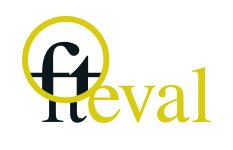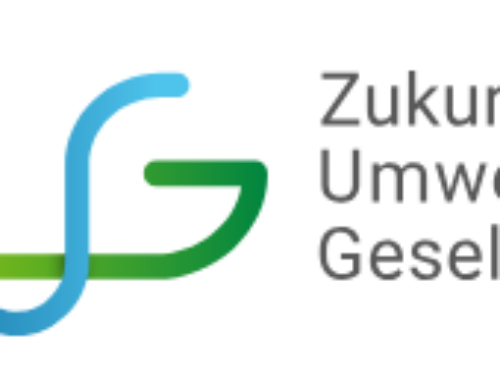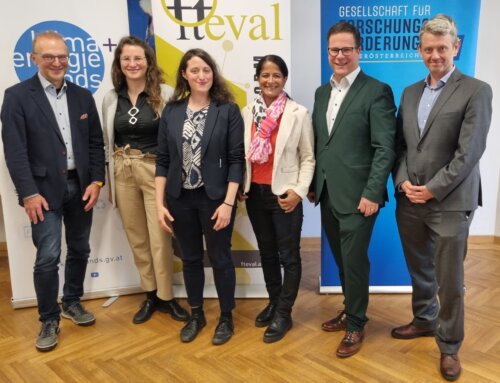While citizen science is by definition highly participatory, its evaluation and impact assessment practices often do not live up to this claim. In this special issue we will explore existing approaches to participatory evaluation that involve participants of citizen science activities in reflecting and assessing projects’ or initiatives’ processes and outcomes. This involvement may range from co-designing the evaluation strategy to creating evaluation or monitoring instruments to be used during and after the project, to name but a few.
The special issue aims to collect and discuss a wide range of methods of participatory evaluation, informed by the experiences gathered not just in traditional citizen (social) science projects but in diverse fields such as development, social and youth work (e.g. open evaluation,peer interviews, diaries, photovoice, storytelling, etc.).
Authors are invited to elaborate on theoretical and practical grounds their experiences with participatory evaluation in citizen science. We further encourage contributions that reflect on participatory evaluation methods from other fields and their potential application for citizen science. Moreover, they should reflect on challenges, risks and pitfalls based on concrete experiences, and may also consider which approaches promise success in times of physical distancing and crisis.
We welcome contributions from citizen science, participatory social research, public policy, environmental justice, and related fields, as well as reports from practitioners, including related theoretical and practical perspectives from various other professions and disciplines.
Submissions can be made until September 15, 2021 to special-issue@fteval.at.
Detailed information can be retrieved from the following document: https://fteval.at/content_old/home/news/j54_citizen_science/fteval-Journal_54_Special-Issue_Citizen-Science.pdf [PDF]





